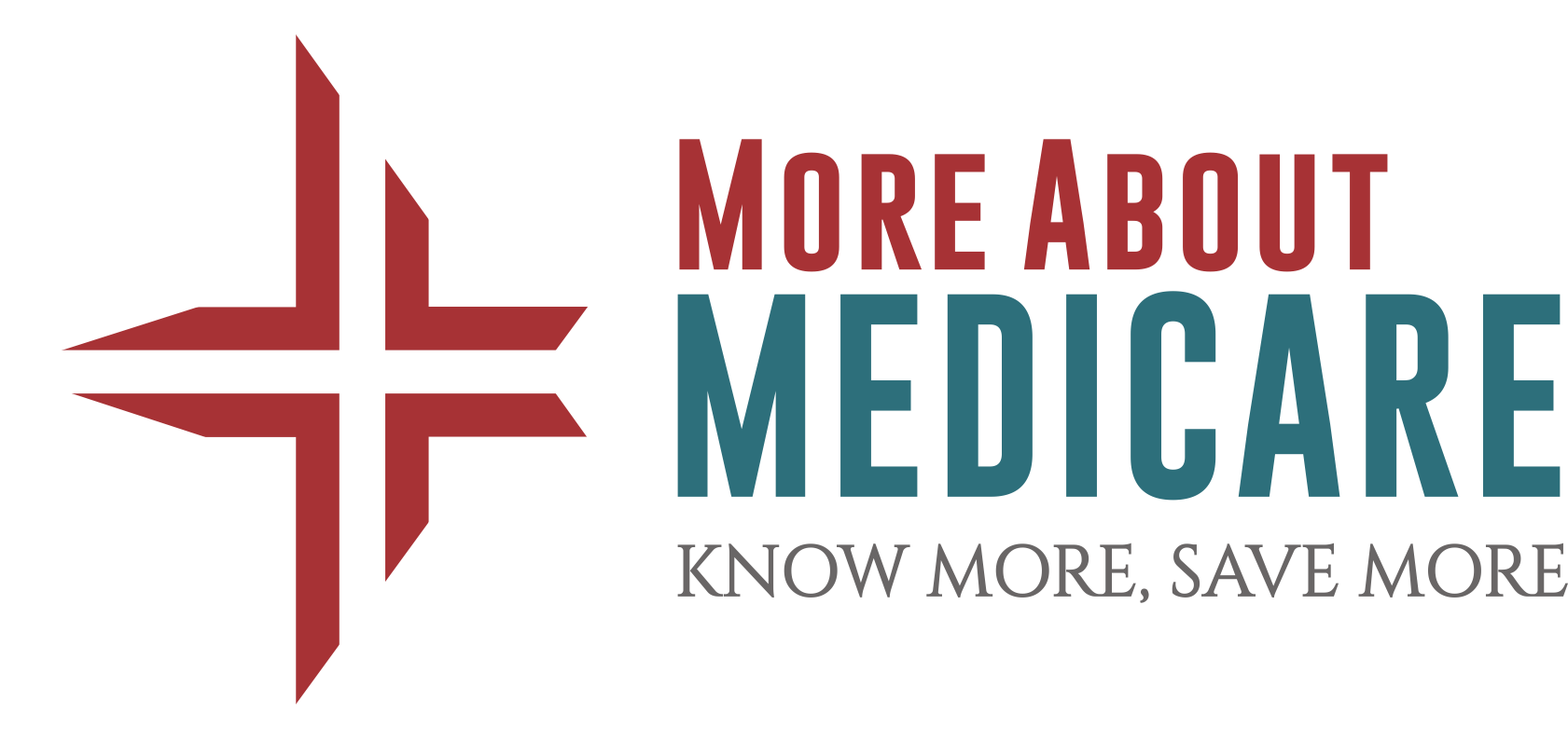Are you new to Medicare and confused? You are not alone. Every day about 10,000 individuals are turning 65 years old and enrolling into Medicare. Medicare is the federal health insurance program for individuals who are 65 or older. Individuals with disabilities who are younger than 65 years might qualify as well. If you do qualify you will receive a Medicare card that lets you know when your Medicare begins. If you are soon to be 65, I do recommend you check all of your options and avoid making mistakes that will affect you financially.
Penalty for Not Enrolling in Part B
If you have credible coverage from an employer policy, then you are exempt from enrolling in Part B and can enroll later. But if you do not have creditable coverage and you are 65 years old, then you have to enroll into Medicare. The penalty of not enrolling in Part B comes with a lifetime penalty for every month that you go uncovered. Your penalty is 10% each year that you do not enroll. For example if you decide to enroll at age 67 and had no credible coverage for 2 years, then your penalty for not having Part B is 20%.
Not Exploring More Options for More Coverage
What happens next after enrolling in Medicare Part A and Part B? Medicare Part A and Part B have deductibles, co-insurance and co-payments that never end. Essential benefits like vision, dental, hearing aids and prescribed medications are not covered. To stay financial stable, Medicare beneficiaries will need more coverage. The worst thing a Medicare beneficiary can do is not to enroll for more coverage. We have Medicare Advantage and Medicare Supplement plans available to help us manage Medicare costs.
Part D Prescription Drug Plan Penalty & Costs
If you do not have a Prescription Drug Plan then you will pay for all your prescribed drugs. Having a Prescription Drug Coverage avoids further financial hardships and penalties. If a Medicare beneficiary doesn’t have this coverage then there is a penalty of 1% for each month that you have no coverage, even if you are not taking any prescription drugs. It is a good idea to enroll in a Prescription Drug Plan during your Initial Enrollment Period.
Not Evaluating the Plan During the Annual Open Enrollment
Medicare has several enrollment periods that a beneficiary can take advantage of. If you are turning 65 years old or you are enrolling for Medicare the first time, you will have the Initial Enrollment period. During this period you can enroll in a Medicare Advantage, Medicare Supplement or a Part D Prescription Drug Plan. You do not have to wait for the Annual Enrollment Period (AEP) that starts October 1st to Dec 7th. During the Annual Enrollment Period, a beneficiary can make changes to their plans. But this period is not taken advantage of. Every year Medicare beneficiaries have an opportunity to review their Medicare plan and make changes to their plans if it does not meet your current needs any more.
To Conclude
If you are new to Medicare, you have to consider your options very carefully to avoid unwanted financial hardships and penalties. Medicare Advantage, Medicare Supplement and Part D: Prescription Drug Plans are available options. Finding the right option for you will pay off in the long run.

